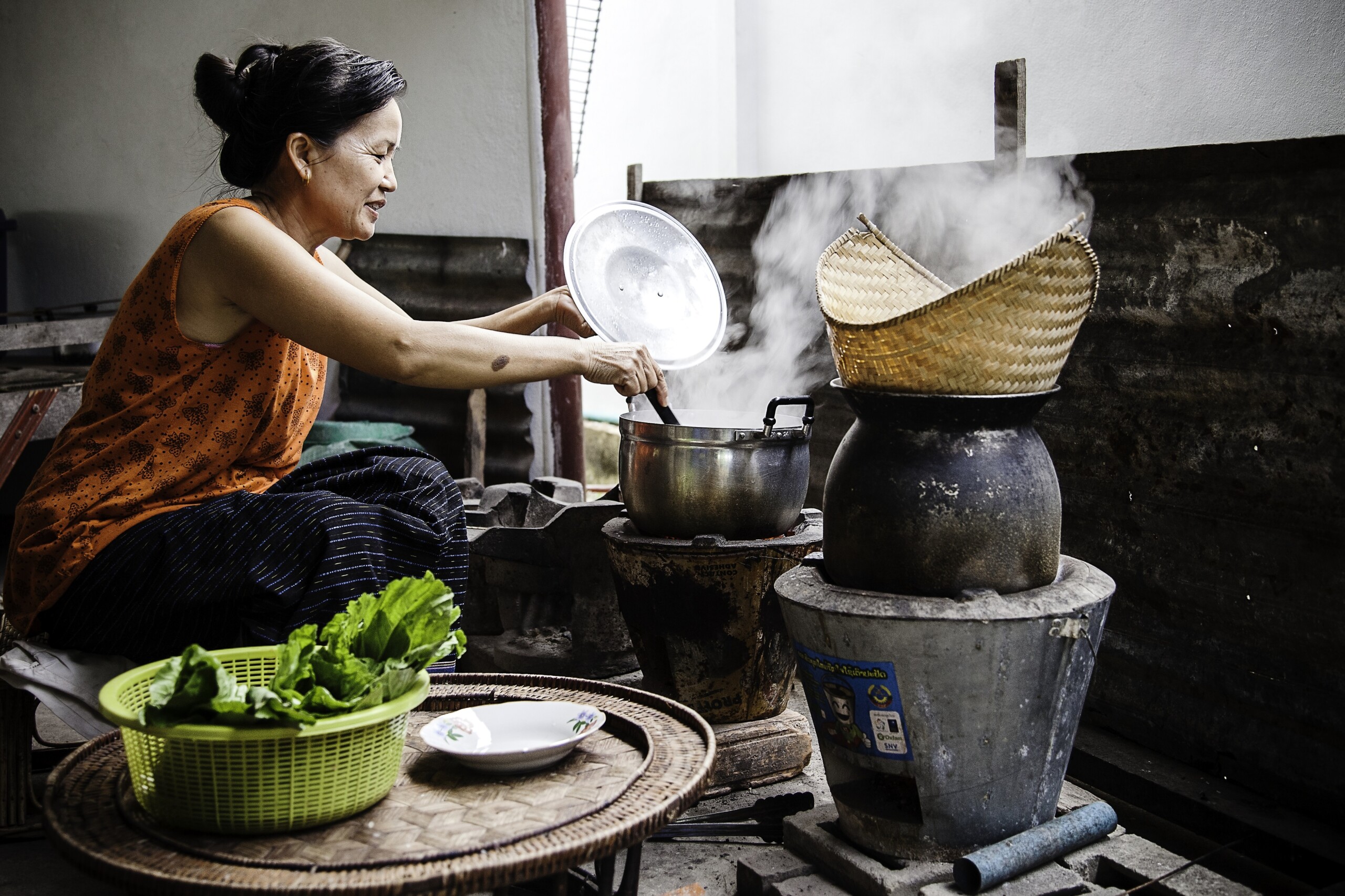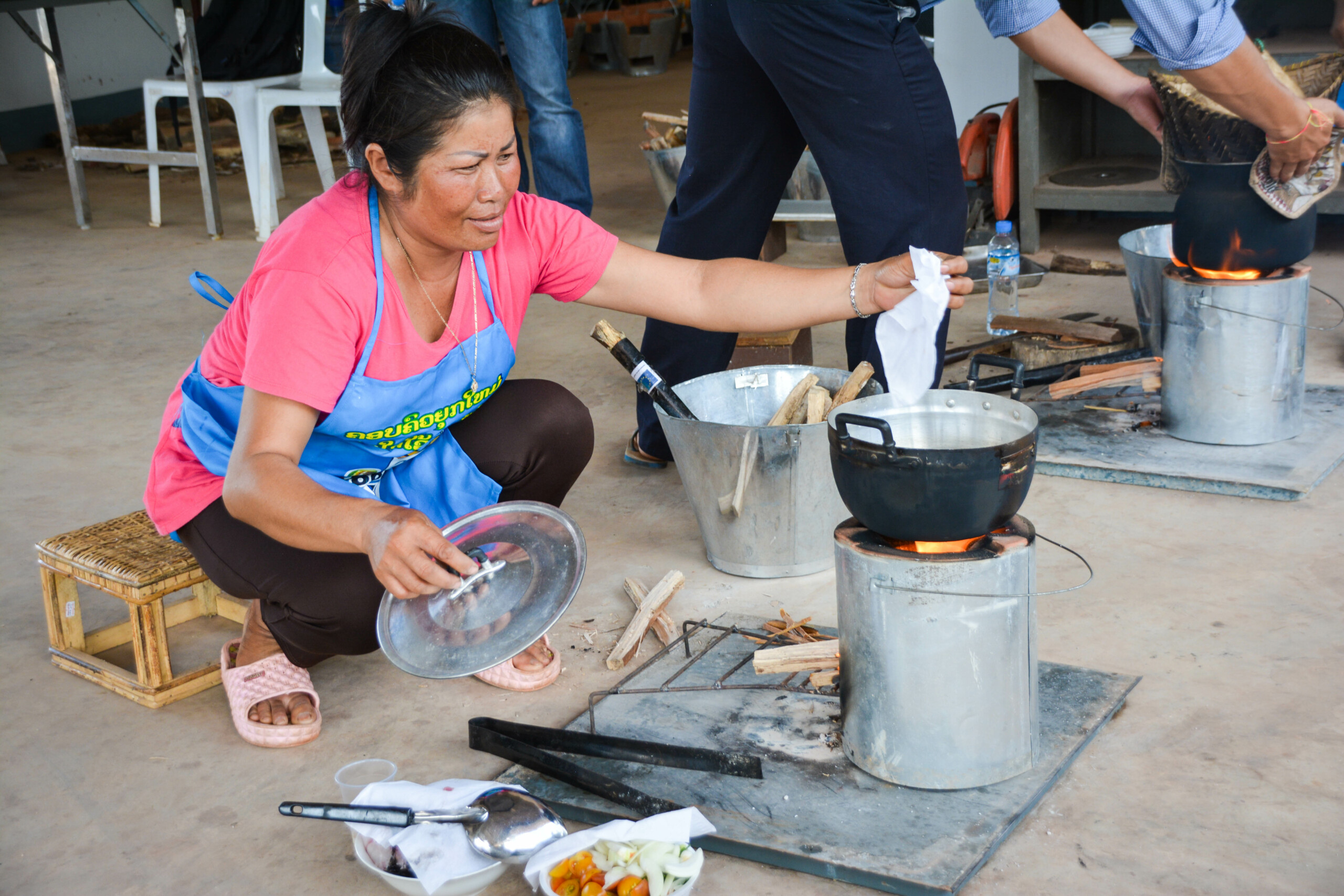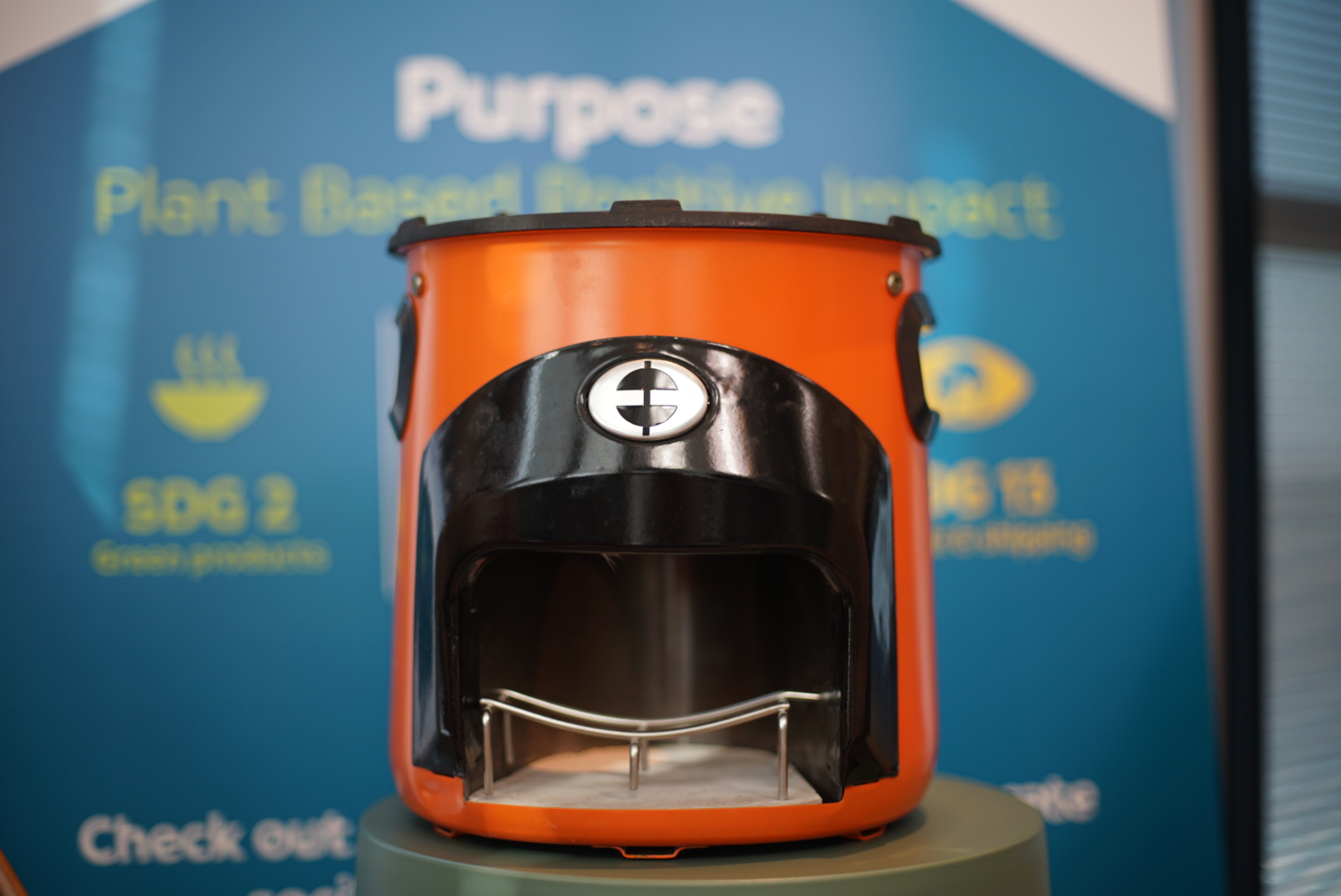Social and environmental impact in one
Improving the living conditions of farmers in developing countries
BY Meelunie 15/05/2023At Meelunie, we like to talk about reducing carbon emissions because that is a quantifiable impact. But our Positive Impact programme is about more than just measuring and reducing our carbon emissions. We believe it’s important that we have a social impact as well and have been collaborating on this with FairClimateFund since 2019.

Reducing carbon emissions
“Together with FairClimateFund, we invest in climate and social impact projects that generate carbon credits,” explains Jeroen de Waaij, Meelunie’s Global Sustainability Manager. “These projects reduce carbon emissions and deforestation and improve the living conditions of low-income households and smallholder farmers in developing countries – the ones who suffer most from climate change. Working with FairClimateFund guarantees we have the market’s most impactful carbon credits, certified by the highest international standards: Gold Standard (established by the World Wildlife Fund and others) and the Fairtrade Climate Standard. Additionally, the projects are verified by the external party SustainCERT.”

Climate impact on sourcing region
“Climate change is having an increasingly disastrous effect on our planet and the lives of millions around the world. To help slow it, we believe everyone can and should play their part in reducing carbon emissions. Meelunie included. It starts with taking responsibility and acknowledging your impact as an organisation. For example, in our case at Meelunie climate change will affect our sourcing regions. For farmers in high-risk areas, it’s going to become even more difficult to cultivate crops and make a living. So, we want to ensure the farmers in our value chains have a better future. Because it’s the right thing to do. But also, because ensuring their future will safeguard the sourcing of Meelunie’s products. Which is why we’ve extended our risk management to incorporate a new Climate Strategy, which focuses on reducing our carbon emissions as much as possible, while simultaneously investing in high-quality, impactful climate projects that benefit the most vulnerable smallholder farmers.”

Impact project in Laos
“In the Laos sourcing region, we investigated with FairClimateFund whether we can set up an impact project in our organic tapioca starch chain. We conducted a feasibility study and discovered that setting up such a project isn’t as straightforward as we thought, though doing so remains a longer-term ambition. In the meantime, we’re supporting a clean cookstoves project in Laos via FairClimateFund. The project ensures a huge reduction in indoor smoke, and therefore healthier living conditions for local families, mothers, and children. The clean cookstoves also empower women, as they need to spend less time collecting wood and cooking, leaving them more time to generate income for their families, and actively participate in, for example, village meetings and other activities.

Meelunie’s carbon emissions accountability
“Our carbon footprint calculations are based on the Greenhouse Gas Protocol: Corporate Accounting and Reporting Standard, which identifies three so-called ‘scopes’. The emissions in scopes 1 and 2 are those on which we have a direct influence, such as gas and electricity usage in our offices and fuel consumption by company cars. Scope 3 emissions are indirect emissions over which we have less influence. We’ve therefore decided to include in our calculations all our scope 1 and 2 emissions, plus those scope 3 emissions over which we have some influence, such as emissions from business travel, employee commuting and office supplies. For these emissions we use the FairClimateFund carbon credits. But we don’t think it’s in the spirit of our climate-related commitments as a company, or very transparent, if we simply buy carbon credits to cover any GHG emissions we produce through our business operations, and then claim carbon neutrality. So, our ultimate goal is to be a net-zero organisation with a net-zero supply chain.”
